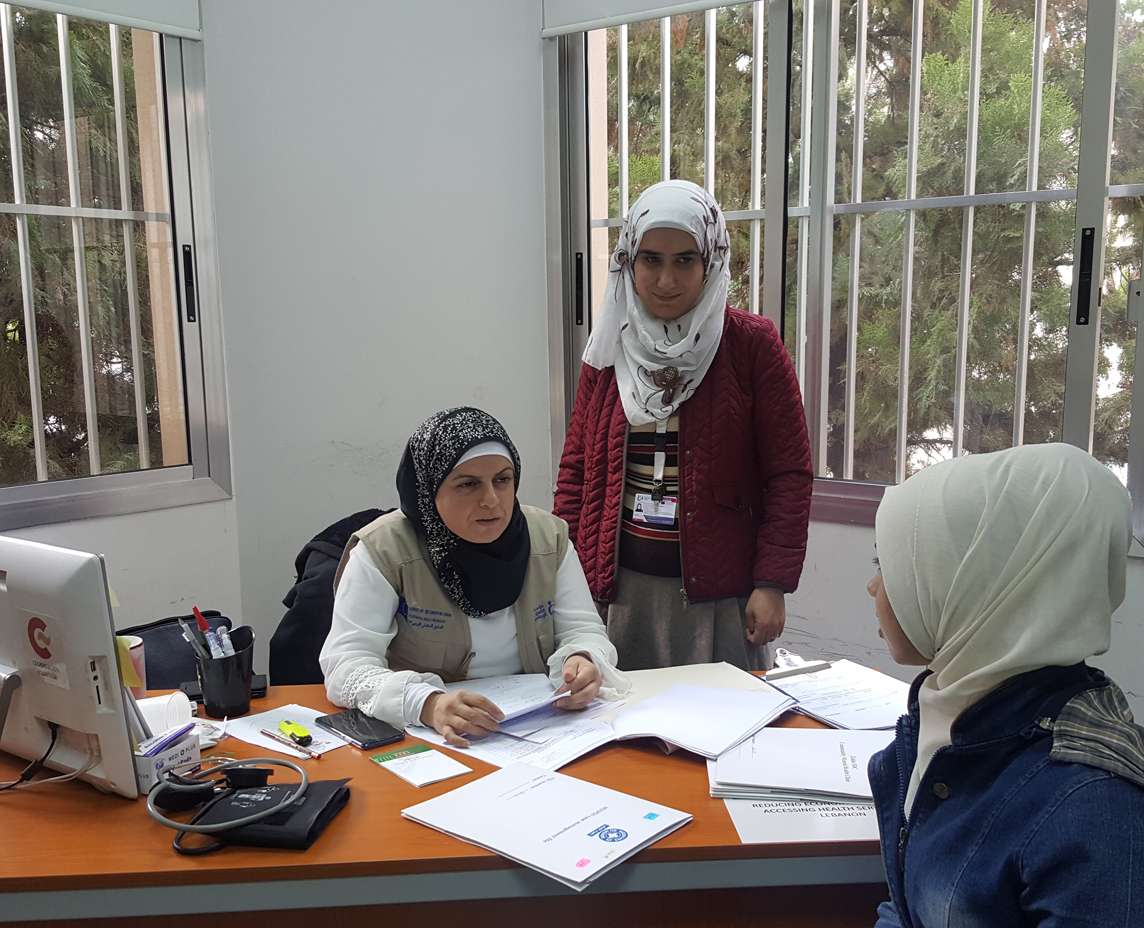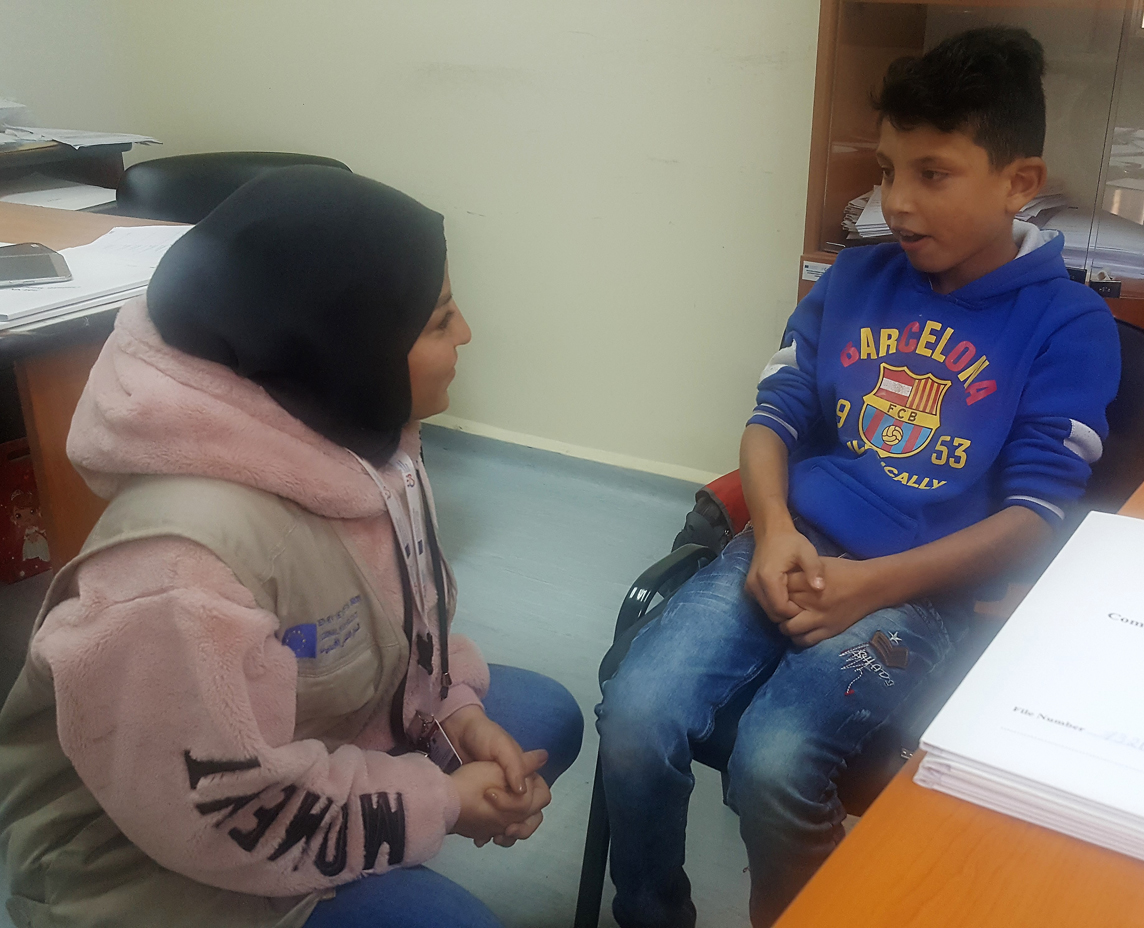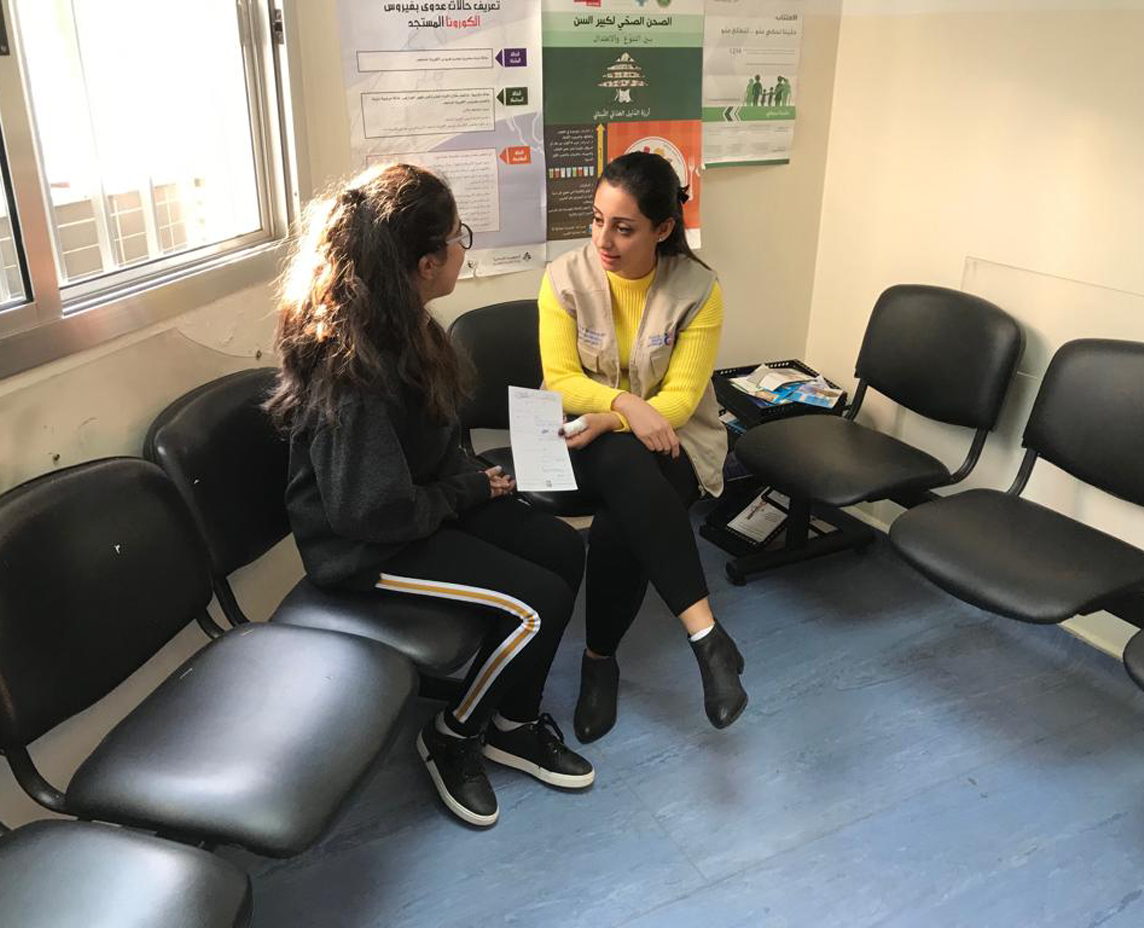Social Promotion Foundation began conducting mental health activities in the Bekaa region of Lebanon in 2015. Since that time, the staff at the Zahle Community Mental Health Center (CMHC) have seen Syrians and Lebanese, including children/adolescents (5-17 years old), suffering from a wide variety of mental health difficulties.Children who are exposed to difficultand stressful situations (such as the death of parents or other family members, separation, displacement, witness to traumatic events, violence/conflict in the family or community, and poverty), as well as children who are born with developmental disabilities, may have behavioral or psychiatric issues that require extra support and/or specialist care.
Individuals who are seen at the CMHC are identified in one of three ways:
- the person may be a “walk-in,” whereby the person comes in on their own or with a care provider;
- the person may come to the attention of staff via an awareness raising or outreach session in an Informal Tent Settlement (ITS) or other community;
- the person may be referred for specialist care by a primary care provider or another NGO.
The CMHC is a multidisciplinary mental health team, composed of case managers, nurses, psychotherapists, and a psychiatrist. When a child or adolescent comes to the CMHC with a concern, he or she is assigned a Mental Health Case Manager who is responsible for conducting an initial assessment, providing psychosocial support (focused on supporting/improving aspects of thesituation or environment that impactboth the social andpsychological well-being ofthe child), providing psychoeducation to the patient/family on relevant concerns (including parenting skills), and addressing any basic assistance/health/protection referral needs. These are the types of interventions that are initially focused on in the treatment of children and adolescents.
Another important function of the Mental Health Case Manager is referral of the beneficiary to a specialist.
When a child or adolescent has mental health symptoms or behavioral concerns that are more severe, that patient may be referred to a psychotherapist for further evaluation and specialized care. The psychotherapist generally sees the beneficiary 6-10 times, depending on the need and the type of psychological intervention used. If the psychotherapist believes that the child or adolescent might also require medication to address certain severe issues, she will refer the patient for a psychiatric assessment. The psychiatrist will then evaluate the patient and, in limited cases, prescribe medication. Each of these consultations fulfills a very specific role in the assessment, diagnosis, treatment, and follow-up of those (including children and adolescents) with severe, complex, or enduring mental health needs.
Since the start of the EU Madad REHBAS funding in March 2018, 98 children/adolescents (35 girls and 63 boys) have been assessed and treated at the CMHC for conditions including: intellectual disability, epilepsy, autism, attention deficit hyperactivity disorder (ADHD), conduct disorder, learning disabilities (like dyslexia), schizophrenia, post-traumatic stress disorder and adjustment disorder.
The project is funded by the General Directorate for Neighborhood and Enlargement Negotiations (DG NEAR) of the European Commission and is based on the general objective of the European Union Regional Trust Fund in Response to the Syrian Crisis (“MADAD Fund”) of respond to the “needs of Syrian refugees in neighboring countries, as well as the communities that host refugees and their administrations, particularly in terms of resilience and speedy recovery







